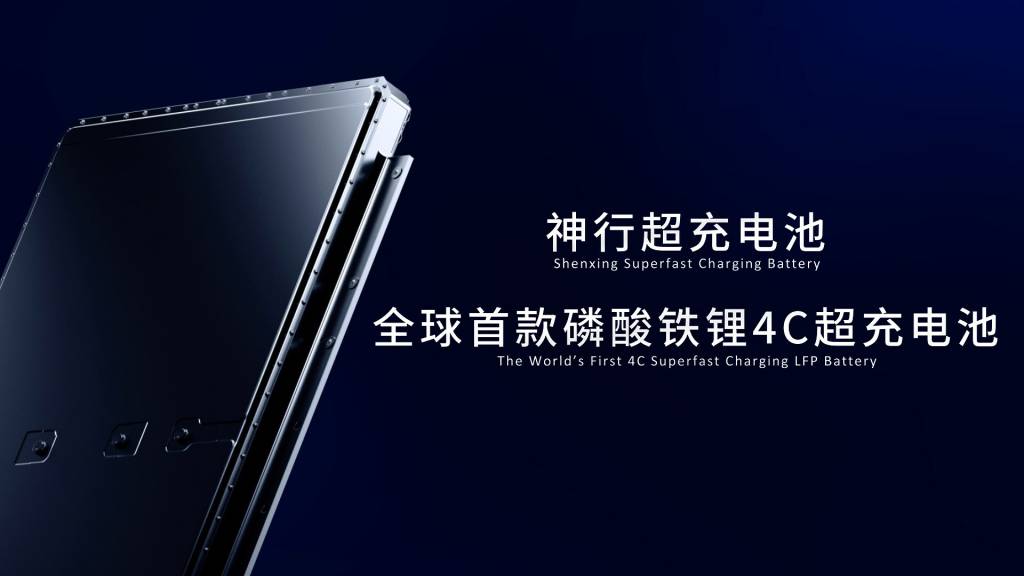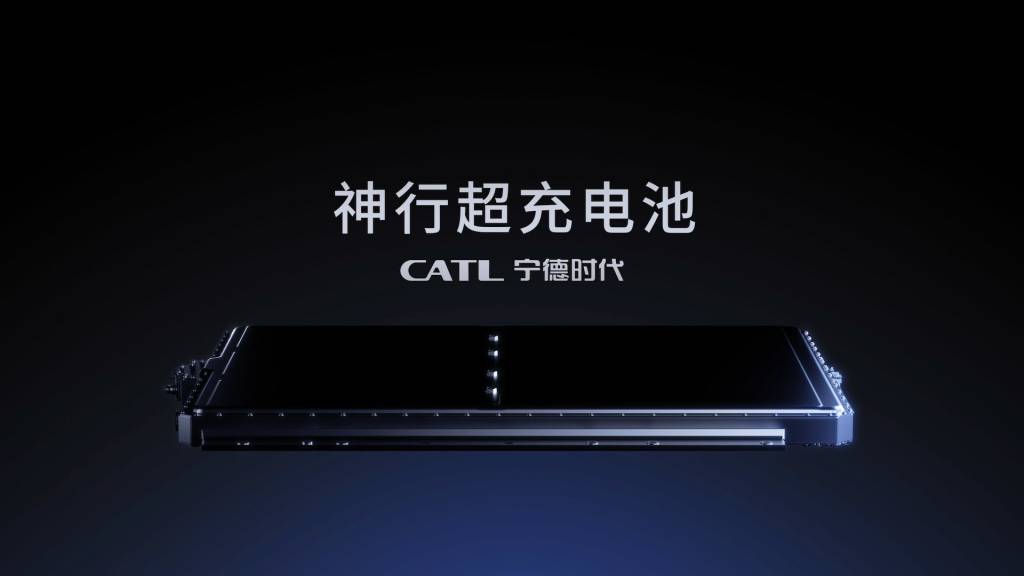Chinese battery supplier CATL on Wednesday announced a new lithium iron phosphate (LFP) battery that the company claims will enable super-fast charging.
Called Shenxing, the new battery is scheduled to enter mass production later this year, according to a company press release. CATL claims it can recover 250 miles of range in just 10 minutes of charging, and enable a total range of over 435 miles per full charge.

CATL Shenxing battery
The Shenxing battery features a new variant of LFP chemistry that includes fully nano-crystallized cathode material and a “multi-gradient layered electrode design” that CATL claims balances properties for quick charging with those for long range. A new electrolyte has lower viscosity, which improves conductivity, while other changes were made to improve the transmission of lithium ions within the cell.
CATL claims the Shenxing battery can reach 80% state of charge in 10 minutes at room temperature, or in 30 minutes at temperatures as low as 14 degrees Fahrenheit, overcoming the poor cold-weather charging performance that’s been a weak point of LFP chemistry. That’s thanks to a cell-level temperature control system, which also helps maintain 0-62 mph acceleration performance in cold temperatures, according to CATL.

CATL Shenxing battery
LFP batteries have primarily been the domain of Chinese automakers and battery suppliers. It should help with EV affordability, although cold-weather charging and performance are among the drawbacks that up until now have kept U.S.-market automakers cautious, limiting them to the most affordable models in the lineup.
U.S. automakers are beginning to adopt more LFP chemistry, though. Tesla has shifted to LFP cells for base versions of the Model 3 and Model Y, while Rivian also plans them in base versions of its trucks.
Ford is planning to make LFP cells under license to CATL in Michigan. With LFP cells, the Mustang Mach-E actually goes a few more miles than comparable versions with nickel cobalt manganese (NCM) cells. Ford declined comment regarding how this announcement affects its plans with CATL, and whether or not this newly-rolled-out LFP tech is the one the company has licensed.

